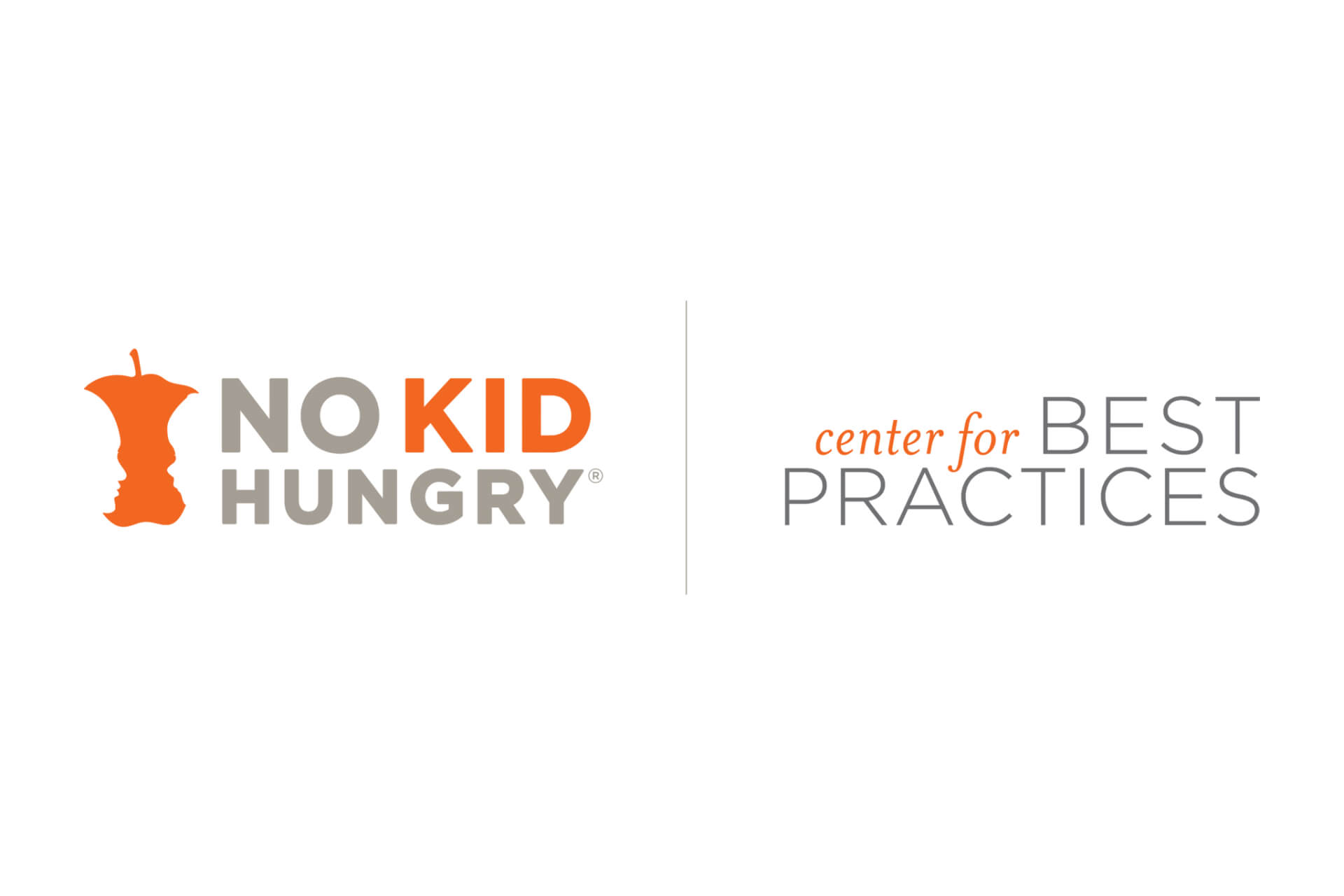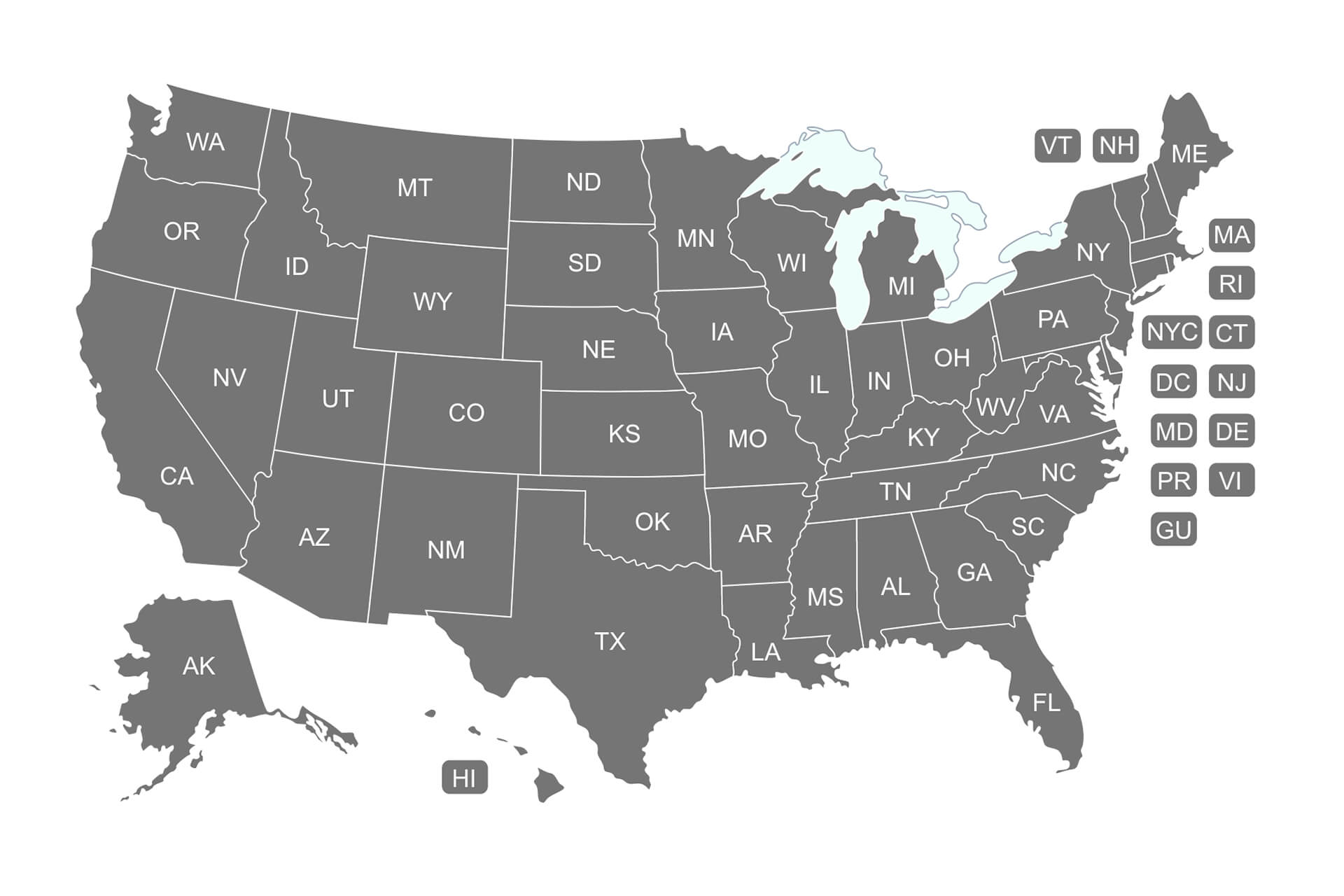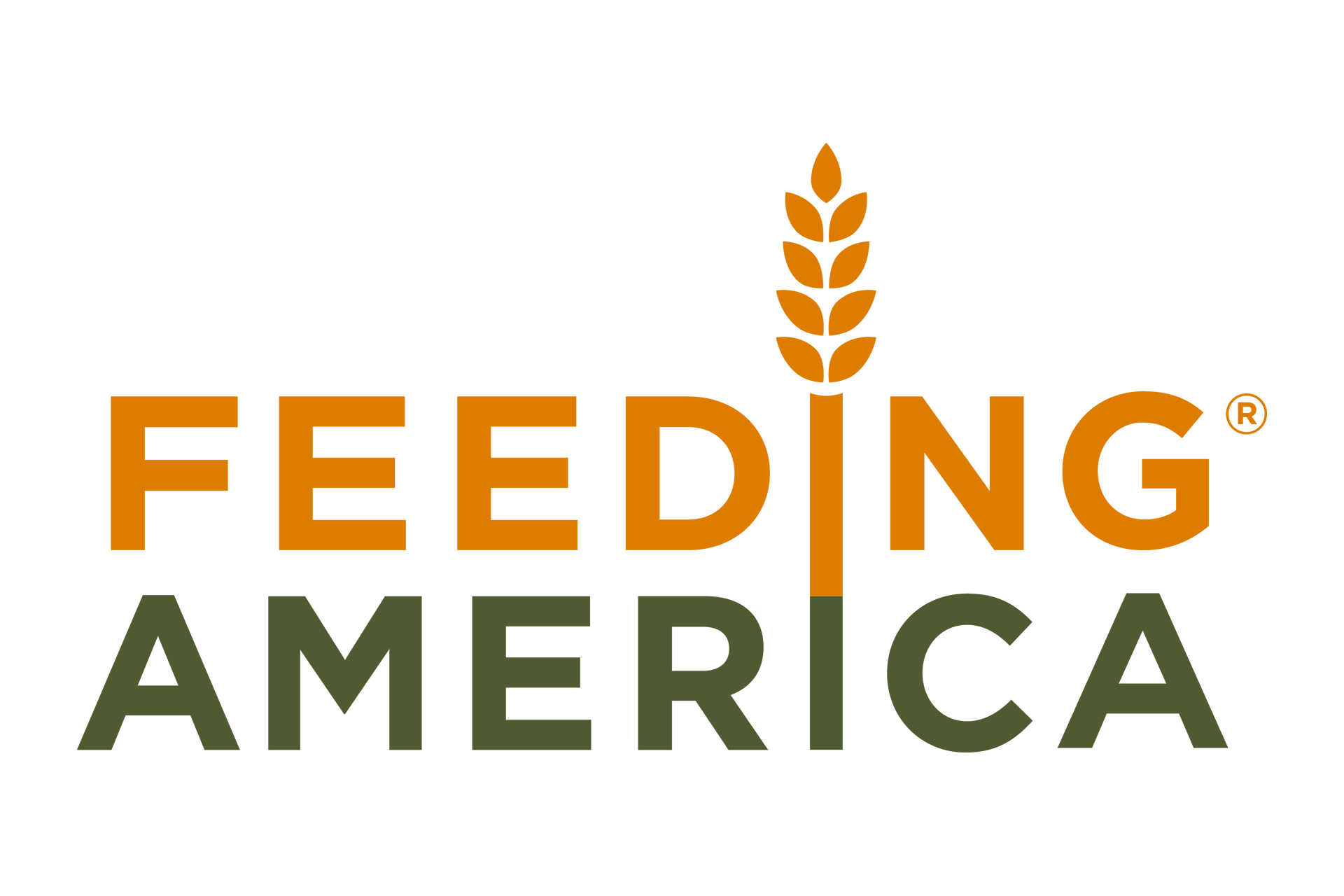Food Security
Food security refers to a person’s ability, at all times, to access and afford sufficient and nutritious food to meet their dietary needs for a productive and healthy life.
Food security becomes a concern when individuals and families face challenges to their ability to access or afford food, leading to hunger and malnutrition. This can happen when members of a family lose their job or economic subsistence, when they live in “food deserts” — neighborhoods that lack easy access to a grocery store or food supplies, or when other health problems prevent them from being able to get and maintain a healthy food supply within their household. In these instances, individuals may go hungry for periods of time or not be able to access food that meets their nutrition needs. We say they are food “insecure.”
Feeding America, the largest hunger-relief organization in the United States, estimates that 1 in 6 adults and 1 in 4 children are food insecure. Food insecurity impacts a person’s health and health care costs as well as their educational opportunities.

Schools are often seen as a hub of trusted connection within the community, and as food insecurity grows, they are increasingly becoming a hub for resources to address hunger. That’s because schools are a consistent touchpoint for many families, providing reliable information to the students who attend them and the staff and teachers who form the school community. Leveraging schools to improve access to food is a critical way to improve the health and well-being of children and people who support them.
Food insecurity also must be addressed as an issue of health equity. Children, communities of color, and single-parent households are disproportionately impacted by food insecurity. These dynamics are often a result of the long history of structural racism and classism in the United States. They must be overcome in order to ensure equitable opportunities for educational attainment and good health for all people.











